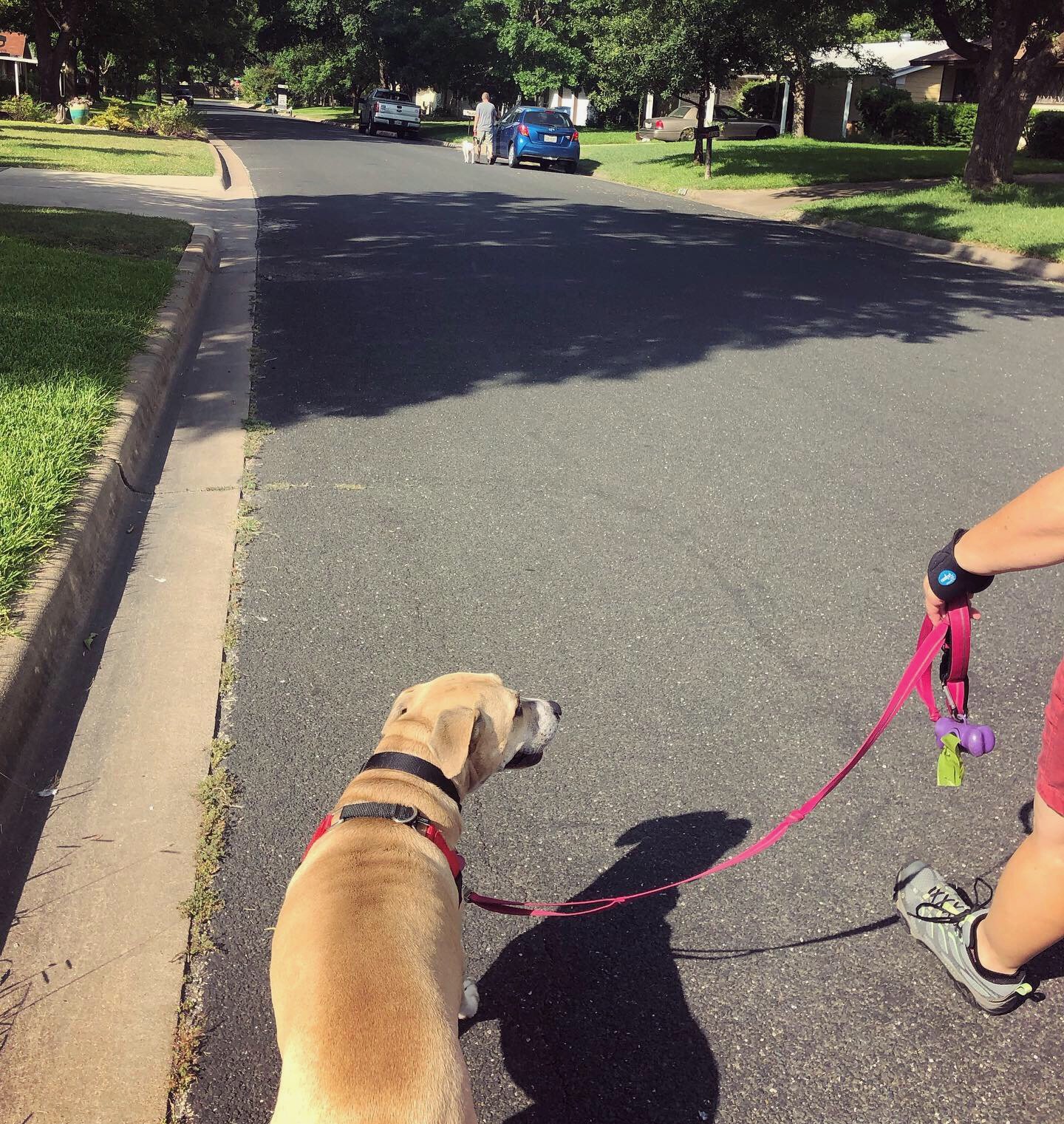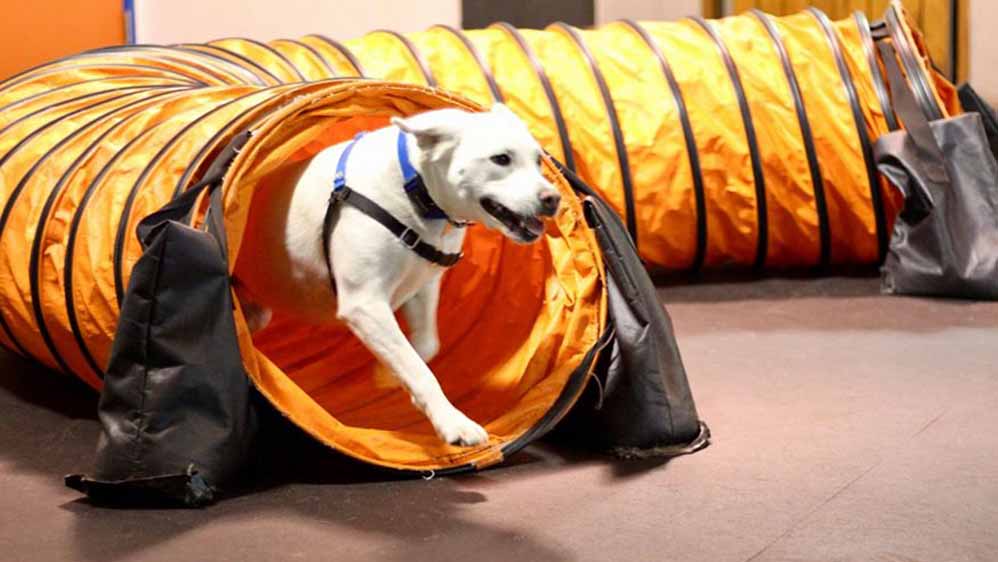Unleash Potential with Dog Training Near Me: Locate Your Local Professionals
Unleash Potential with Dog Training Near Me: Locate Your Local Professionals
Blog Article
Unlock Your Pet dog's Potential: Proven Dog Training Strategies for Success
Efficient canine training is a nuanced procedure that pivots on comprehending canine actions and utilizing medically backed approaches. Dog training. By incorporating positive support, establishing clear commands, and focusing on socialization, pet owners can grow a productive connection with their pets. Obstacles commonly arise that need customized options and a patient approach. Discovering these shown techniques discloses not just the possibility for behavior enhancement yet also the deeper bond that can be created between proprietor and pet dog. What necessary strategies must be taken into consideration to really open your dog's potential?
Understanding Pet Actions
Comprehending pet behavior is vital for efficient training and cultivating a positive relationship in between canines and their owners. A comprehensive understanding of canine body movement, vocalizations, and social communications is essential for acknowledging their emotions and needs. Pet dogs communicate mainly with non-verbal signs; for instance, a wagging tail may show enjoyment, while pinned ears can indicate worry or submission.

In addition, environmental aspects play a considerable duty in shaping a pet dog's habits. Adjustments in routine, new environments, or the visibility of strange individuals can result in stress and anxiety or stress and anxiety in pets. Recognizing these triggers makes it possible for proprietors to minimize negative reactions and develop ideal training approaches.
Ultimately, a deep understanding of canine actions lays the foundation for effective training techniques, improving both behavior and the total bond in between the dog and its proprietor. dog training charlotte nc. This knowledge is essential for cultivating a well-adjusted, satisfied canine friend
Positive Support Strategies
Efficient training depends heavily on favorable reinforcement methods, which have actually been revealed to yield considerable cause shaping desired habits in dogs. This method entails compensating a canine for showing certain habits, therefore raising the probability that these behaviors will certainly be duplicated. Incentives can take various types, including treats, appreciation, playthings, or play, relying on what encourages the specific pet dog.

It is necessary to progressively terminate rewards as the dog discovers the actions, transitioning to periodic reinforcement. This technique maintains the actions over time while protecting against reliance on continuous rewards. By focusing on positive reinforcement, trainers can cultivate a relying on partnership with their pet dogs, advertising a cooperative and healthy training setting that boosts general obedience and efficiency.
Establishing Consistent Commands
A basic element of effective pet training is the establishment of constant commands. Uniformity in commands is critical for reliable interaction in between the instructor and the pet dog. When commands are consistent, canines find out to associate specific words with wanted actions, which accelerates the training process and improves understanding.
To develop constant commands, it is crucial that all relative make use of the same terminology and gestures. If one person uses "rest" while one more states "sit down," it can create confusion for the pet dog. Select clear, distinctive words for commands and make certain everyone associated with the dog's training follows these options.
Additionally, repetition is key. Strengthen commands via frequent technique, making sure that the canine gets enough chances to respond correctly. When a dog effectively follows a command, prompt positive support ought to adhere to. This can be in the type of deals with, praise, or play, strengthening the link in between the command and the activity.
Finally, be patient. Establishing constant commands takes some time and effort. With devotion and quality, you will certainly help your pet establish a solid understanding of assumptions, eventually bring about a well-behaved buddy.
Socializing and Direct Exposure
Interacting socially a pet dog is essential for fostering a well-adjusted and confident buddy. This process entails exposing your pet to a selection of environments, people, and other animals to establish their social abilities and flexibility. Early socialization, ideally see between the ages of 3 to fourteen weeks, is critical, as it lays the groundwork for a pet dog's future actions.
During socialization, goal to provide favorable experiences in various settings, such as parks, busy roads, and homes with various other pet dogs. Present your pet dog to various stimuli, consisting of audios, sights, and scents, making certain that each experience is fulfilling. This exposure assists reduce fear and anxiousness, leading the way for an extra durable dog.
Involving in controlled group play sessions with other pets can additionally improve social abilities, instructing your animal ideal interactions and limits. Prioritizing socializing will dramatically contribute to your pet's overall psychiatric assistance dog happiness and habits throughout their life.
Overcoming Common Educating Difficulties

An additional regular concern is interruption. Canines might struggle to focus in active or unfamiliar settings. Slowly desensitize your pet dog to diversions by starting training in a quiet setting and slowly presenting more stimuli as they become efficient (Dog training). Positive support methods, such as treats and praise, can preserve inspiration and focus.
Additionally, behavior concerns like leaping or excessive barking can become discouraging. Address these by showing different actions, such as sitting smoothly when welcoming visitors. Uniformity and perseverance are vital; strengthen wanted behaviors regularly and avoid abuse, which can lead to confusion.
Finally, recognize that each pet dog is unique, and training timelines may vary. Dressmaker your method to your pet dog's individual needs, and look for expert guidance if essential. With willpower and the right approaches, conquering these difficulties can result in a trained, pleased canine companion.
Conclusion
In final thought, opening a pet dog's potential necessitates an extensive technique that incorporates an understanding of canine actions, the application of favorable support techniques, and the facility of regular commands. Early brandon mcmillan masterclass socialization and direct exposure to varied atmospheres further improve a canine's adaptability and confidence. By attending to common training obstacles with customized approaches and perseverance, a cooperative and unified connection between pet and trainer can be fostered, eventually causing a mannerly buddy with the ability of prospering in numerous scenarios.
Effective pet training is a nuanced process that pivots on recognizing canine behavior and utilizing medically backed methods.Recognizing dog behavior is important for reliable training and cultivating a favorable relationship in between dogs and their proprietors.Reliable training relies heavily on favorable support methods, which have actually been shown to produce significant outcomes in forming preferred actions in canines. When commands are uniform, pet dogs discover to associate particular words with desired behaviors, which increases the training procedure and boosts understanding.
In verdict, unlocking a canine's possible demands a comprehensive approach that incorporates an understanding of canine behavior, the application of favorable support methods, and the facility of consistent commands.
Report this page